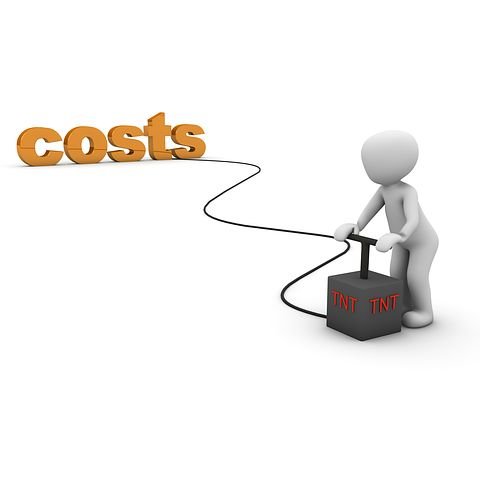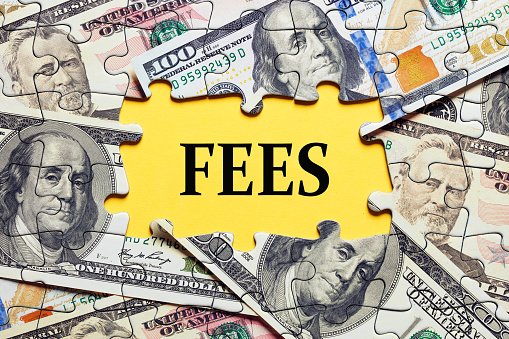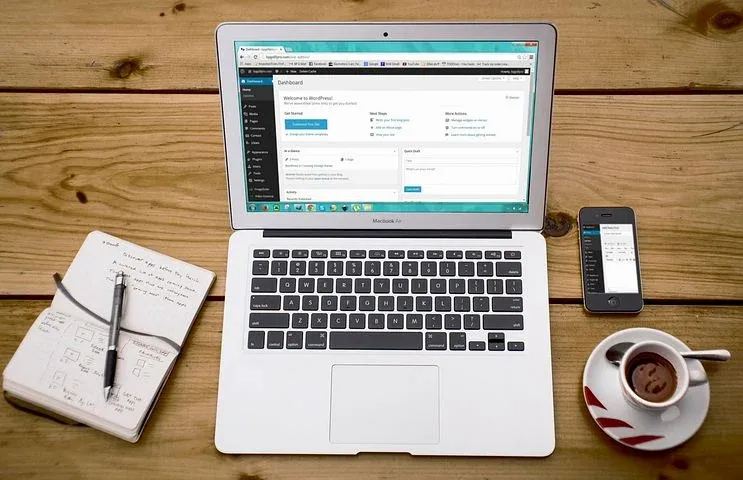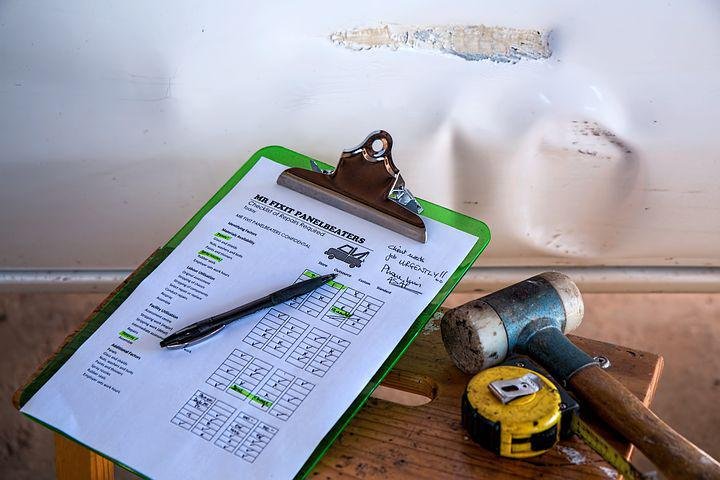The costs of starting a business?

Pixabay
The issue of financing is one of the most stressful times in entrepreneurship. But it is also important to be realistic about how much money you will need in the beginning and to accurately estimate the cost of starting a business.
Startup costs are conceptually simple: the costs you will incur before starting a business, the assets you will need, and how much you will need to be operational in the first few months before the sale starts. Will be. Many of these costs are recurring, so you'll need to cover them on a monthly or yearly basis.
Others, such as fees or the inclusion of office furniture, are considered one-time expenses. When calculating your startup costs, a good rule of thumb is to keep six months' costs in mind. The following article highlights how to estimate the cost of starting a business so that your business does not have to worry about financing going forward.
Research Costs.
Before starting a business, market research is done about the industry in which the business is to be done. Some start-ups ignore this, leaving them unable to put their ideas into practice. To avoid this, the services of a market research firm can be sought. Of course, these specialists will have to pay, so add that to your budget.
Equipment.
New businesses urgently need equipment / tools. Equipment can be expensive for every industry, especially if there are multiple employees who need the equipment. Businesses need to budget for the equipment they need.
Fees.
When starting a business, the business has to be registered, which determines its editorial, financial and tax matters. Registration fees for licenses vary from place to place.
Office Space.
Regardless of whether the business space is rented or purchased, it is a very expensive deal. Many small business owners look for places that are relatively inexpensive to save money. If you get a long-term lease, you may have to pay a lot of money. In addition, you will need to consider utilities and other operational costs. If you can afford it, you will also need money for other tasks such as layout design, furniture purchase, equipment layout, etc.

Pixabay
Also keep in mind that you have to pay a security deposit and rent for the space before starting a business and this is one of the initial expenses. Another popular option is shared work areas. They are relatively inexpensive and get a set up from day one with furniture, internet, meeting rooms and other amenities.
Inventory.
There are some businesses that require a fair amount of inventory in advance. Ordering inventory can also be a financial challenge. Also, if a large amount of inventory is obtained, there is a risk that it will go bad or that something else that is not being sold will not be used. It is also a fact that with very little inventory you can lose customers who are not ready to wait for something to come back. Therefore, it is recommended to make inventory a part of your initial start-up budget.
Advertisement.
Starting a business requires advertising to communicate to consumers about your product or service. For example, investments can be made in banners, brochures, business cards, newspaper and TV commercials. Without investing in marketing, you will not get sales.
website.
Today is the age of technology and everyone has a mobile in their hands. In this case, your startup must have a professional looking website for its online presence. To do this, register for a domain name, which usually charges an annual fee. If you are not familiar with web designing, you can hire an expert. Of course, this will be an additional cost, but in general it is worth the investment.
Office Equipment.
You also have to buy office supplies at the beginning of the business. These costs may include tables, chairs, computers and software, phones, dispensers, filing cabinets and air conditioners. Don't overlook office supplies, as they can be an important part of your budget.
Payroll.
Starting a business requires hiring employees, who have to pay compensation on time, whether or not your business has started to generate revenue.
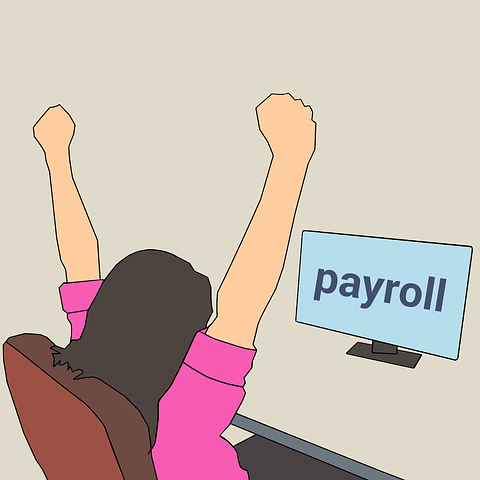
Pixabay
For example, accountants can explain different legal frameworks. An accountant can save money on deductions on tax returns. Outsourcing some tasks can be beneficial to your business in the long run, even if it increases start-up costs.
Insurance.
Just as you protect your health, your car and your home, your business needs insurance. There are different types of business insurance, depending on the nature of your business, and this process can save you money and stress in the future.

Best Regards By


